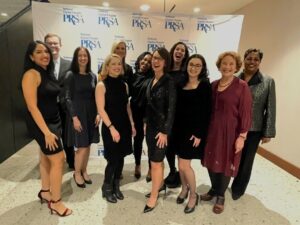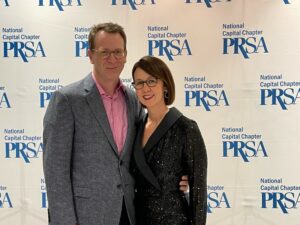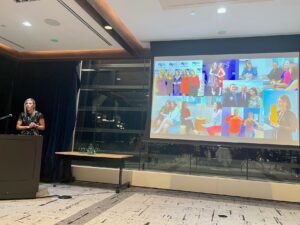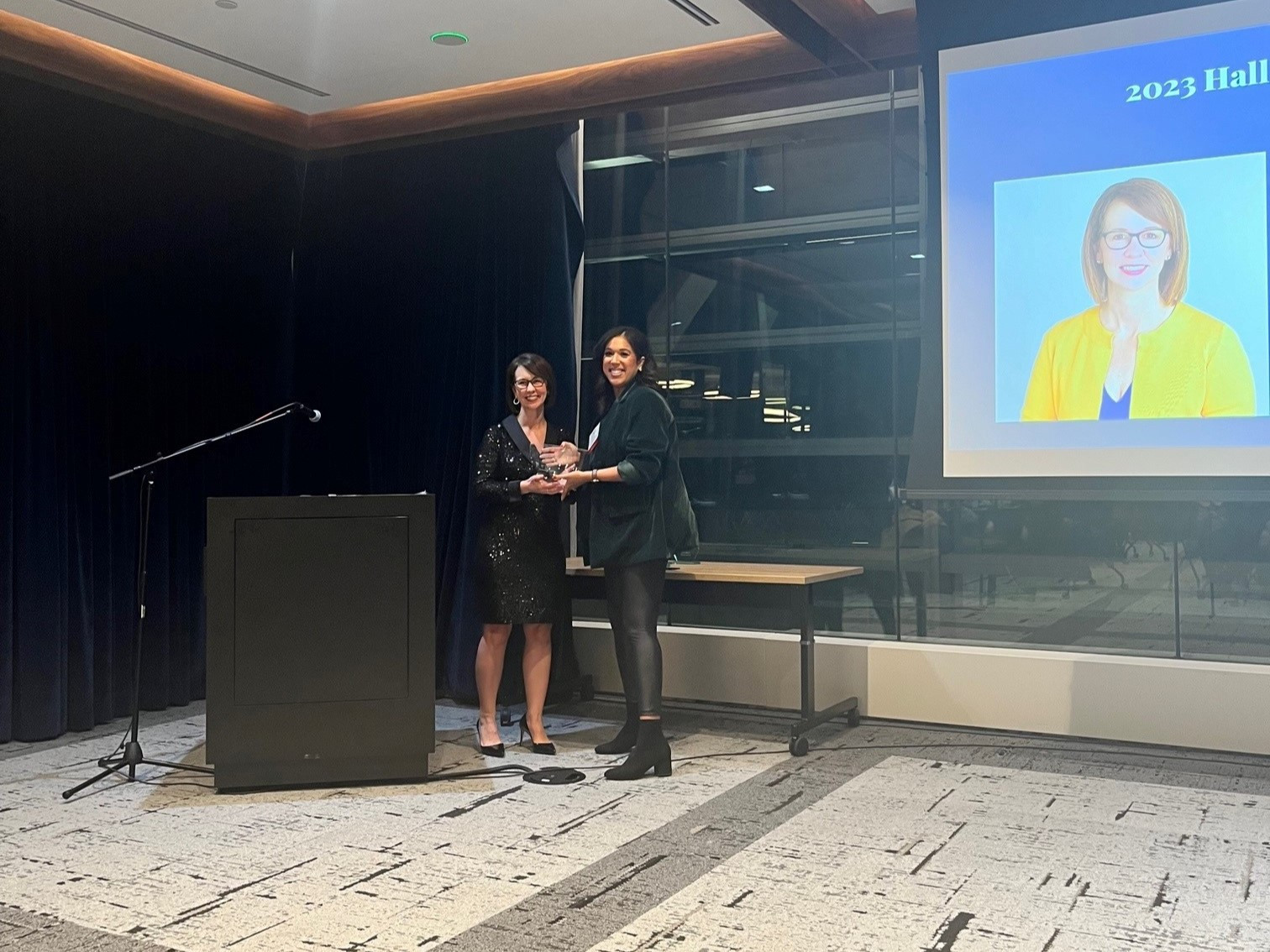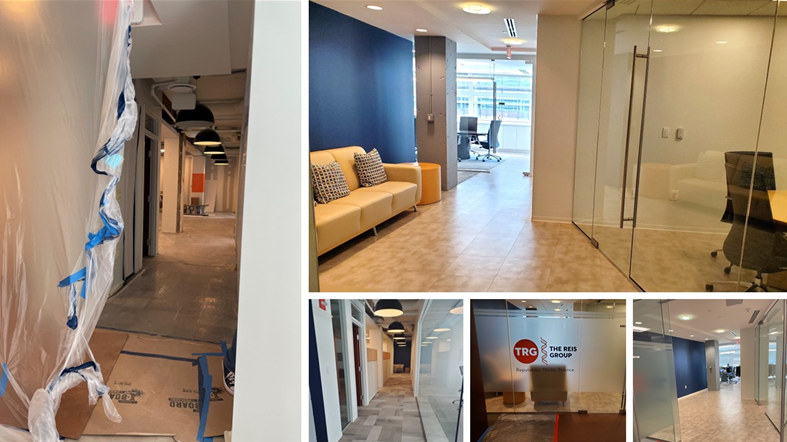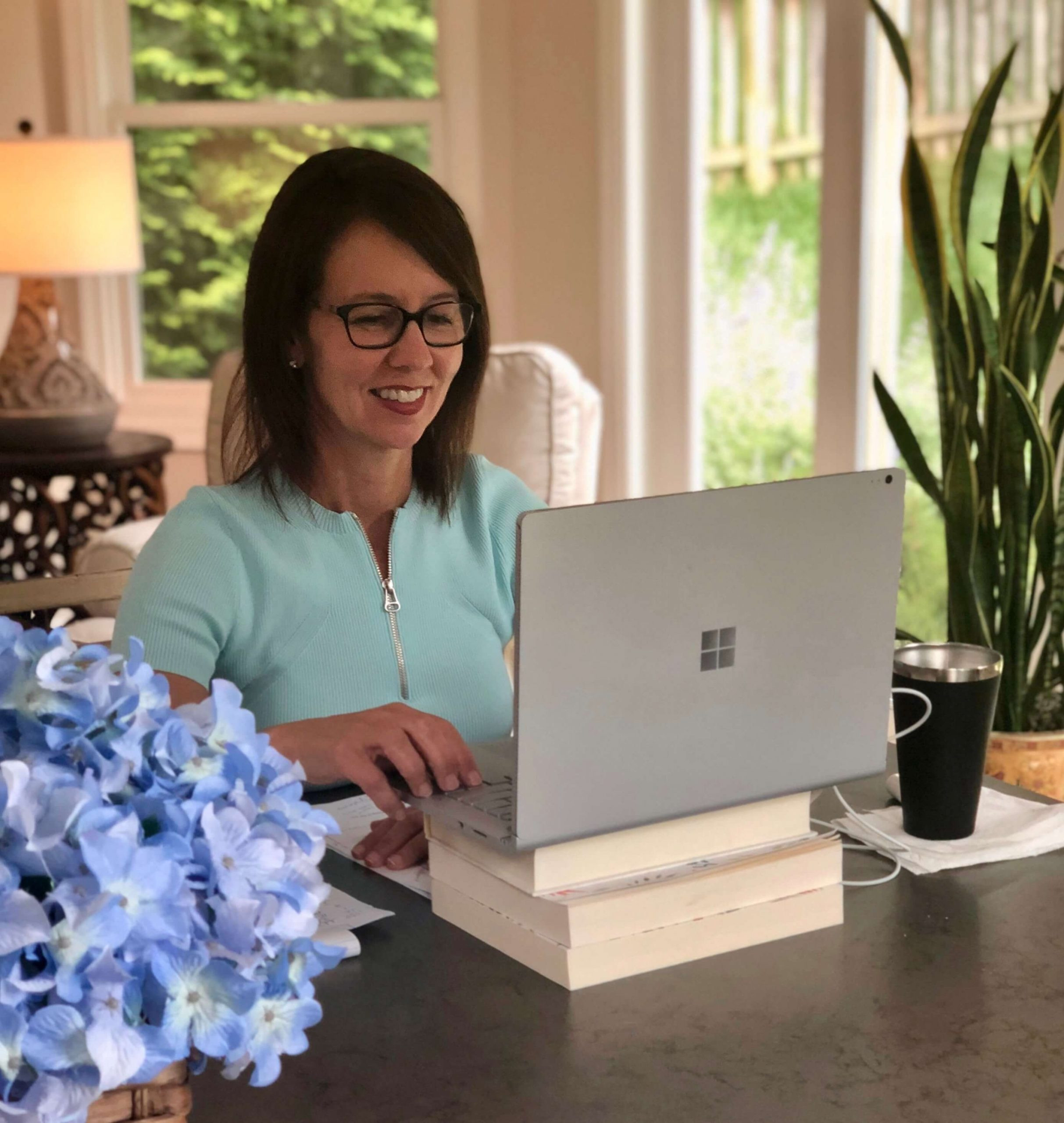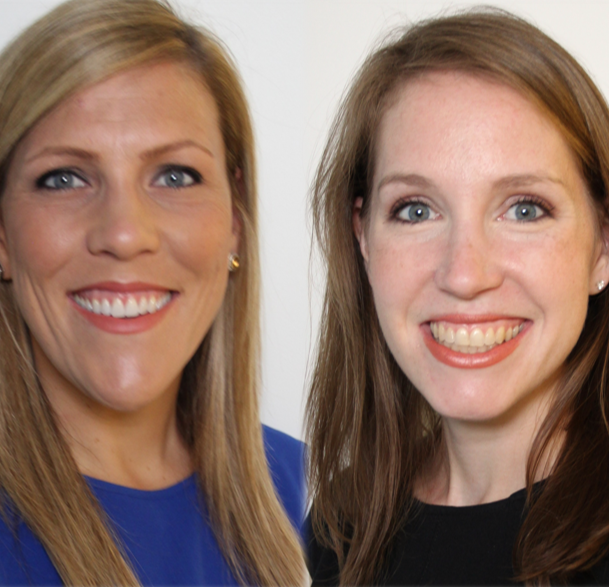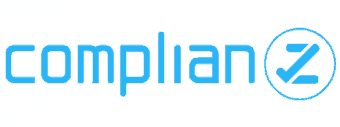How to maintain a vibrant culture, build a bond with team members and foster productivity in today’s new work environment.
This article also appeared in O’Dwyer’s health care issue.
The way we work has completely changed. People who have spent their careers commuting to the office five days a week now greatly value the freedom of new work-from-home and hybrid policies. Younger people who have spent most of their careers working from home with great flexibility see this as the new normal. So, how do you build a high-performance team, a vibrant culture and a dynamic company in this new environment?
This is the cultural challenge we’re all facing in setting new norms in a post-COVID workplace. According to The Center for Creative Leadership, “Team norms are a set of rules or operating principles that shape team members’ interactions. Norms establish how the work will get done and what team members can expect from one another.”
This is our strong new focus at The Reis Group: creating new norms while continuing to build trust and respect in a post-pandemic, hybrid-all-the-time workplace. Most importantly, we’re creating the future of our health care PR agency together.
Recently, I made a somewhat bold decision to renew the lease for our office space in Dupont Circle in Washington, D.C., even though we come to the office only two days a week. This decision surprised some people. Why would I saddle us with a long-term lease when we rarely use the space?
The fact is, I strongly believe I need to be in the presence of the team on a regular basis. I want interpersonal connections. I want to be able to read non-verbal communication. I want to have idle conversations standing in the kitchen while getting a coffee or heating up my lunch. I believe these relationships create a bond, help further meaning and purpose, and strengthen the team.
I’m fully aware that our colleagues are just as productive working from home. I don’t question that at all. In fact, several of our most-valued team members are full-time remote. But what I value most are relationships, especially with early career colleagues. I want the ability to mentor and train them in person. I believe this creates loyalty, fosters sharing, builds emotional connections beyond work and provides a sense of belonging to something larger. Without that, jobs become merely transactional, with people working for the highest bidder.
“Having in-person connections contributes to growth in every way—the team, the culture and the personal and professional relationships. I’ve seen it firsthand,” said Kathleen Petty, TRG Senior Vice President. “Being able to feel the pulse of the office; knowing which clients are hot; and who might be having a bad day are all important for supporting and valuing each other.”
While renewing our lease, we’re also making a significant change. We’re renovating and, more importantly, shrinking our office space. When I made this announcement to the team, I was met with many questions. Are we not growing? Will we still hire new team members? My answer was yes and yes. Consolidating office space is strictly economics. I couldn’t justify renting a larger space that gets used only twice a week. Clients aren’t traveling like they used to, so face-to-face meetings are not a daily occurrence anymore.
Team members don’t want to commute every single day, and neither do I. Why spend hours stuck in traffic or on the Metro, when I can spend that precious time walking the dog, working out, preparing a meal or maybe sleeping later? So, how do we make the most of the two days that the team spends together in the office? How do we make it different than working at home?
“The last thing anybody wants is to come into the office and spend the whole day in back-to-back virtual meetings,” said Stacy Skelly, TRG Senior Vice President. “So, we are consciously planning professional development and team-building experiences for the in-office days. And the team seems pretty excited about using our time together to build ties that go beyond client work alone.”
“What stands out to me in a positive way is the chance for professional development and career progress,” said Molly Ashmore, a second-year account executive, “I love how much TRG invests in us to make us the best PR professionals we can be. I really feel like I have grown exponentially and I’m learning new skills every day. For an entry-level professional, it’s been great.”
“The hybrid work environment has been a big advantage for me. I’ve been fully immersed in the firm’s culture for nearly two years,” said Matthew Porter, Account Executive. “I’ve actually been thinking about relocating to another city, and keeping my job isn’t a factor. With a strong sense of the agency culture and the client experience, I can work from anywhere.”
The hybrid, flexible work environment has also changed how benefits are perceived. Several years ago, we decided to eliminate sick leave and merge those days into PTO so everyone received the benefit and the time to focus on their health and well-being, without having to explain their time off. Longtime team members understood and appreciated the flexibility, but a younger, newer colleague was upset by it. She’d become accustomed to the freedom of hybrid work over most of her five-year career, but now she was irritated and wanted to know why her doctors’ appointments needed to come out of her PTO time.
“What we are seeing is a need to address and explain benefits in greater detail during our monthly team meetings,” said Andrea Holmes, Director of Operations at TRG. “The hybrid, flexible and decentralized work environment needs to have parameters and boundaries for employees to thrive.”
We’re also reevaluating some of our customary practices. “If your flexible workday ends at 5:30, we’re telling people not to send colleagues an email with a detailed to-do list or a document for review until the next morning,” said Lauren Musiol, TRG Senior Vice President. “We’ve also heard from the team that getting an email or a Teams call for a new project late on Friday afternoon can cause undue stress over their weekend. This is a prime example of why we’re focused on creating new norms together. We want it to be perfectly clear to everyone that unless one of our clients is in a crisis, we want to be respectful of people’s lives outside of the office,” she said, “We now strongly encourage the use of the delayed-delivery messaging option in Outlook.”
One of our veteran senior employees has been caring for a sick parent living in another state. Several times this year, she has needed to pick up and take turns helping organize his care. Our agency policy is that as long as you have high-quality Wi-Fi so you can effectively participate in virtual client and team meetings and access needed files, we’ll make it work. We don’t allow working in public spaces because much of our client work is confidential. We’ve had some bumps along the way with implementing this policy. Some have tried to work from trains and airports instead of taking PTO. Bad Wi-Fi connections can make their work time more frustrating than productive and diminishes the client experience significantly.
In building the health care PR agency of the future, we’re creating new norms and shared expectations for how we work with each other. I’m excited about the future, although I recognize that change is hard; super hard. Yet when I think about what our agency workplace and culture will be by this time next year, I couldn’t be happier.

